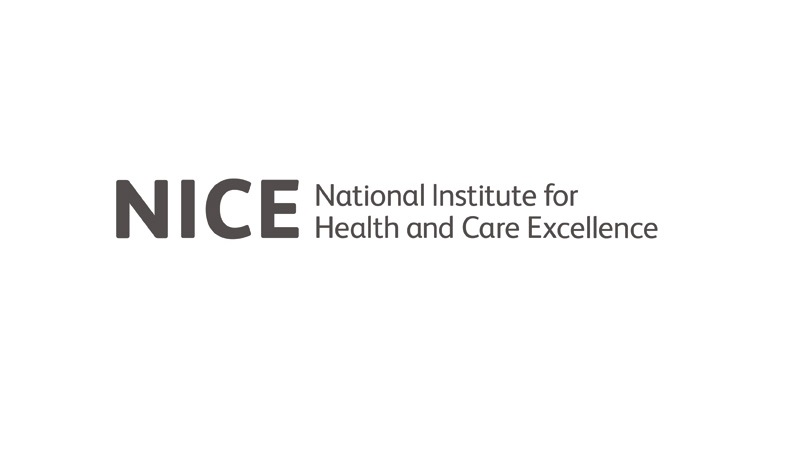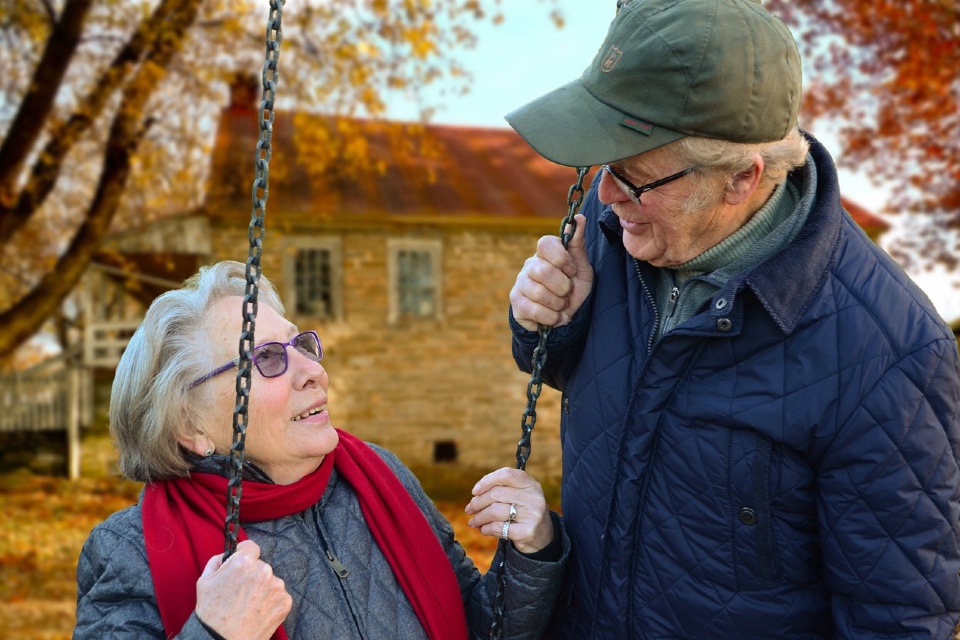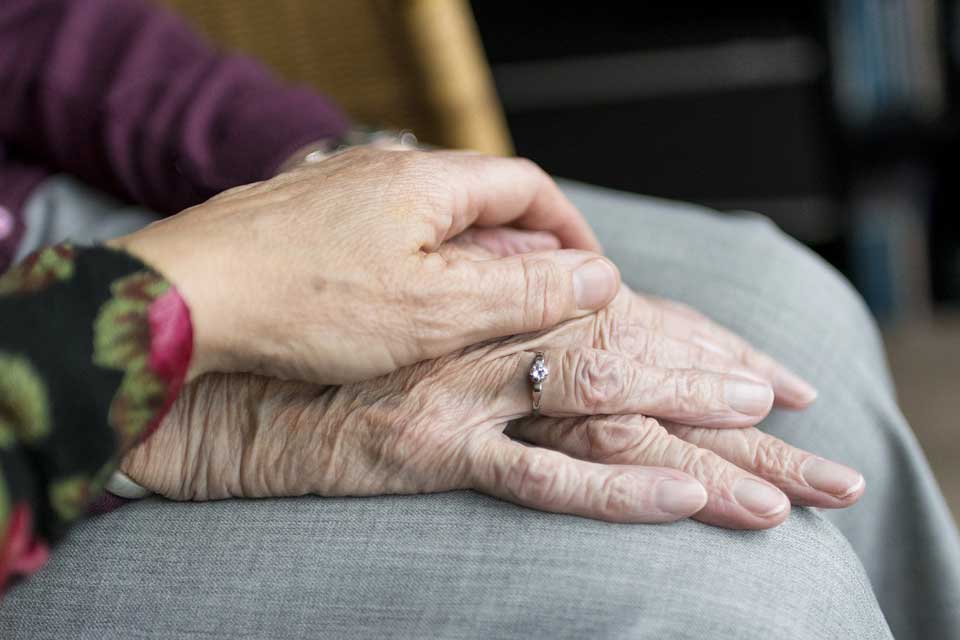A new quality standard compiled by the National Institute for Health and Care Excellence (NICE) is urging housing organisations, the voluntary sector and councils to work together to help and care for vulnerable older people.
The standard indicates those ‘most at risk’ should be guided to a whole host of social groups, from dancing or swimming clubs, singing programmes or art classes, or helping children with their reading in schools; as well as volunteering and befriending programmes to combat loneliness.
Professor Gillian Leng, deputy chief executive at NICE, said: “Everyone is affected differently by aging and whilst many older people can remain independent we need to do more to help those who can’t.
“There is no one-size-fits-all approach to promote and protect the mental wellbeing and independence of older people. Our new quality standard calls for older people at risk to be identified and offered appropriate activities.”
The standard further explains that organisations working together could help improve the mental wellbeing of older people; assuring they can maintain their independence and may also reduce, delay or even avoid their use of health and social care services.
Professor Carolyn Chew-Graham, GP Principal in Manchester and professor of general practice research at Keele University, adds: “As a GP it is often difficult to identify older people at risk as you won’t necessarily know if they’ve had a bereavement or lost a job.
“It’s really tricky to keep up to date with what services are available in a local area, as they come and go. As a GP it is difficult to remember exactly which groups are available each day, so I’m not able to be specific in the suggestions I give to patients.
“We must also remember this is not mandatory and some older people do manage to maintain their health despite not socialising.”
NICE references a national network, the Campaign to End Loneliness, which suggests more than half of people aged 75 and over live alone; as well as Age UK claiming 200,000 older people have not had a conversation with friends or family for a month.
Access the standard here







